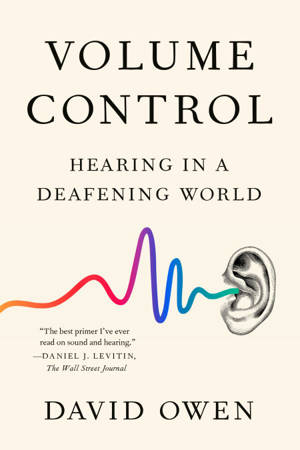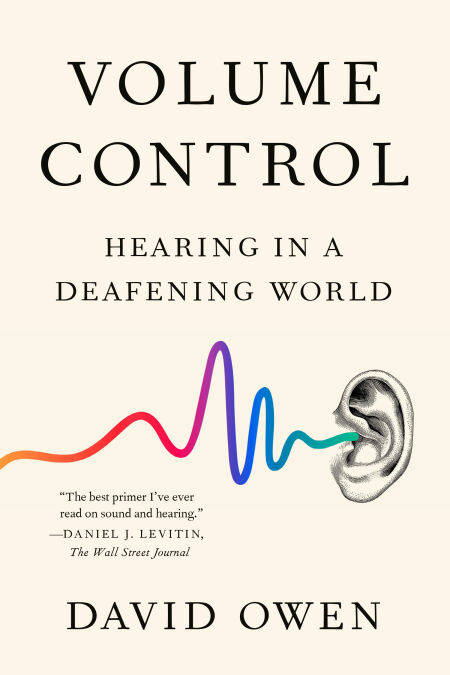
- Afhalen na 1 uur in een winkel met voorraad
- Gratis thuislevering in België vanaf € 30
- Ruim aanbod met 7 miljoen producten
- Afhalen na 1 uur in een winkel met voorraad
- Gratis thuislevering in België vanaf € 30
- Ruim aanbod met 7 miljoen producten
Zoeken
Omschrijving
The surprising science of hearing and the remarkable technologies that can help us hear better
Our sense of hearing makes it easy to connect with the world and the people around us. The human system for processing sound is a biological marvel, an intricate assembly of delicate membranes, bones, receptor cells, and neurons. Yet many people take their ears for granted, abusing them with loud restaurants, rock concerts, and Q-tips. And then, eventually, most of us start to go deaf.
Millions of Americans suffer from hearing loss. Faced with the cost and stigma of hearing aids, the natural human tendency is to do nothing and hope for the best, usually while pretending that nothing is wrong. In Volume Control, David Owen argues this inaction comes with a huge social cost. He demystifies the science of hearing while encouraging readers to get the treatment they need for hearing loss and protect the hearing they still have.
Hearing aids are rapidly improving and becoming more versatile. Inexpensive high-tech substitutes are increasingly available, making it possible for more of us to boost our weakening ears without bankrupting ourselves. Relatively soon, physicians may be able to reverse losses that have always been considered irreversible. Even the insistent buzz of tinnitus may soon yield to relatively simple treatments and techniques. With wit and clarity, Owen explores the incredible possibilities of technologically assisted hearing. And he proves that ears, whether they're working or not, are endlessly interesting.
Our sense of hearing makes it easy to connect with the world and the people around us. The human system for processing sound is a biological marvel, an intricate assembly of delicate membranes, bones, receptor cells, and neurons. Yet many people take their ears for granted, abusing them with loud restaurants, rock concerts, and Q-tips. And then, eventually, most of us start to go deaf.
Millions of Americans suffer from hearing loss. Faced with the cost and stigma of hearing aids, the natural human tendency is to do nothing and hope for the best, usually while pretending that nothing is wrong. In Volume Control, David Owen argues this inaction comes with a huge social cost. He demystifies the science of hearing while encouraging readers to get the treatment they need for hearing loss and protect the hearing they still have.
Hearing aids are rapidly improving and becoming more versatile. Inexpensive high-tech substitutes are increasingly available, making it possible for more of us to boost our weakening ears without bankrupting ourselves. Relatively soon, physicians may be able to reverse losses that have always been considered irreversible. Even the insistent buzz of tinnitus may soon yield to relatively simple treatments and techniques. With wit and clarity, Owen explores the incredible possibilities of technologically assisted hearing. And he proves that ears, whether they're working or not, are endlessly interesting.
Specificaties
Betrokkenen
- Auteur(s):
- Uitgeverij:
Inhoud
- Aantal bladzijden:
- 304
- Taal:
- Engels
Eigenschappen
- Productcode (EAN):
- 9780525534242
- Verschijningsdatum:
- 28/10/2019
- Uitvoering:
- E-book
- Beveiligd met:
- Adobe DRM
- Formaat:
- ePub

Alleen bij Standaard Boekhandel
+ 14 punten op je klantenkaart van Standaard Boekhandel
Beoordelingen
We publiceren alleen reviews die voldoen aan de voorwaarden voor reviews. Bekijk onze voorwaarden voor reviews.








